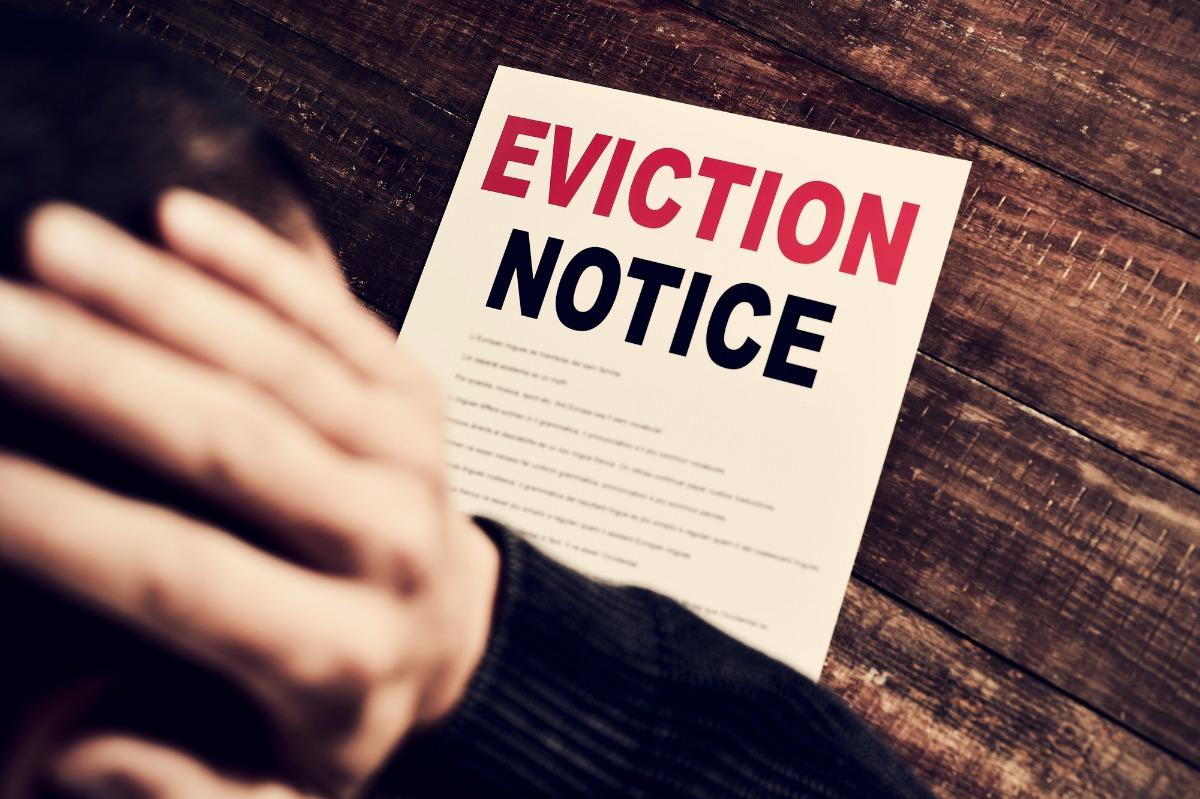
- posted: Feb. 02, 2023
What Happens to Renters When a Property is in Foreclosure?
When a landlord falls behind on their mortgage payment, the bank can take back the building, be it an apartment complex or a single-family home. This process is called foreclosure. For tenants who happen to live in a foreclosed property, the Federal, State, and other laws will at least keep you temporarily in your home.
Can You Be Evicted if Your Apartment Building is in Foreclosure?
According to the New York State Unified Court System, In the event of foreclosure, the owner—regardless of whether that’s a landlord or a bank—is still in charge of keeping your home in a livable condition, and they’re also still able to collect rent. However, you can’t be evicted without a court order.
Whoever buys the building at a foreclosure sale can’t make you move out right away. The law says that the new owner has rules to follow if they want to evict you. Either way, you should get a notice from the new owner. After the sale, you’ll have to pay your rent to the new owner.
In most cases, tenants without a lease are asked to move out of the property either during or after a foreclosure proceeding. Federal law states that the new owner or the bank must give you a written 90-day notice to move out before starting a case to evict you in court. For tenants with a lease, you may stay until the end of the lease term unless the new owner wants to live in your unit. In that case, they must present you with the previously-mentioned 90-day notice.
What is a Holdover?
If tenants do not move out after a 90-day notice, the new owner can start a case in court to evict the tenant. This case is called a holdover. This includes the 90-day written notice and a certified copy of the new deed must be attached. Tenants can also ask the judge for up to six months to move out.
Tenant’s rent payments should still be paid to the owner unless the Supreme Court appoints someone to be a receiver to collect the rent during the foreclosure. The receiver is the person appointed by the court to manage the building or complex until it is sold at an auction. The receiver is responsible for sending a notice to tenants telling them to begin paying the rent to the receiver, not to the landlord.
Are Your Rights Being Ignored During a Foreclosure?
At Outerbridge Law, we believe in upholding tenants’ rights. Even in the event the building you live in is sold, you have rights, and they should be respected. Unfortunately, banks and landlords tend to forget about tenants during foreclosures. If you’re being illegally evicted following a foreclosure, you need someone to protect your rights. To schedule a consultation with an experienced landlord tenant attorney, contact Outerbridge Law today.


